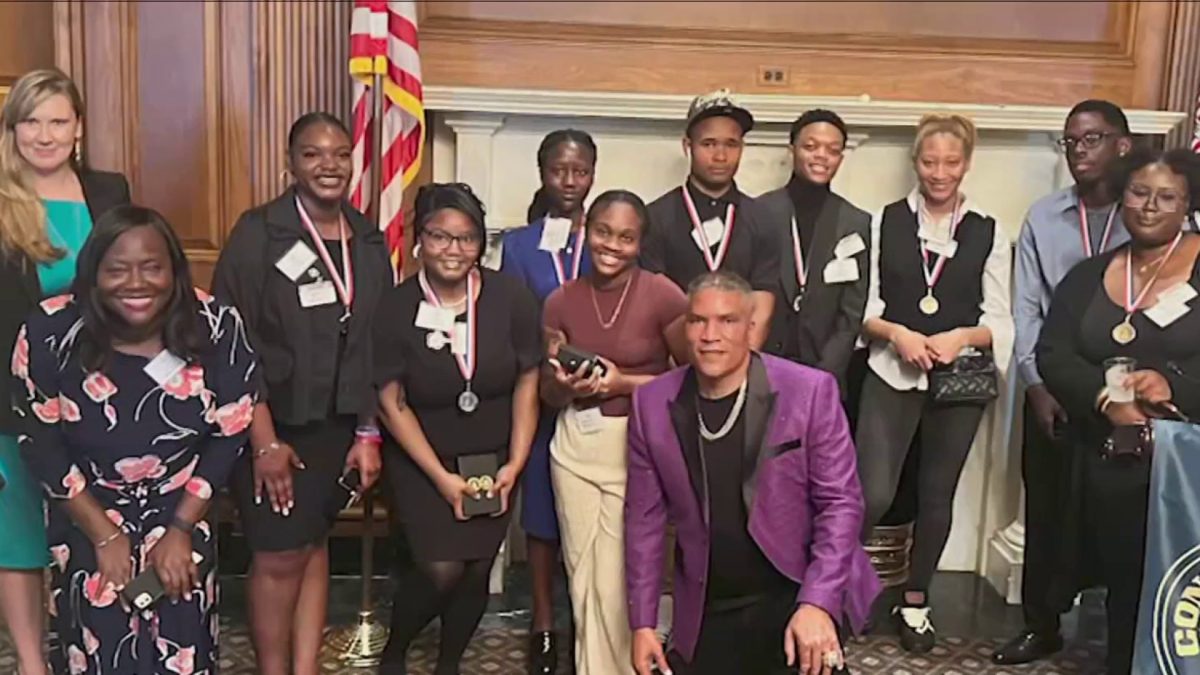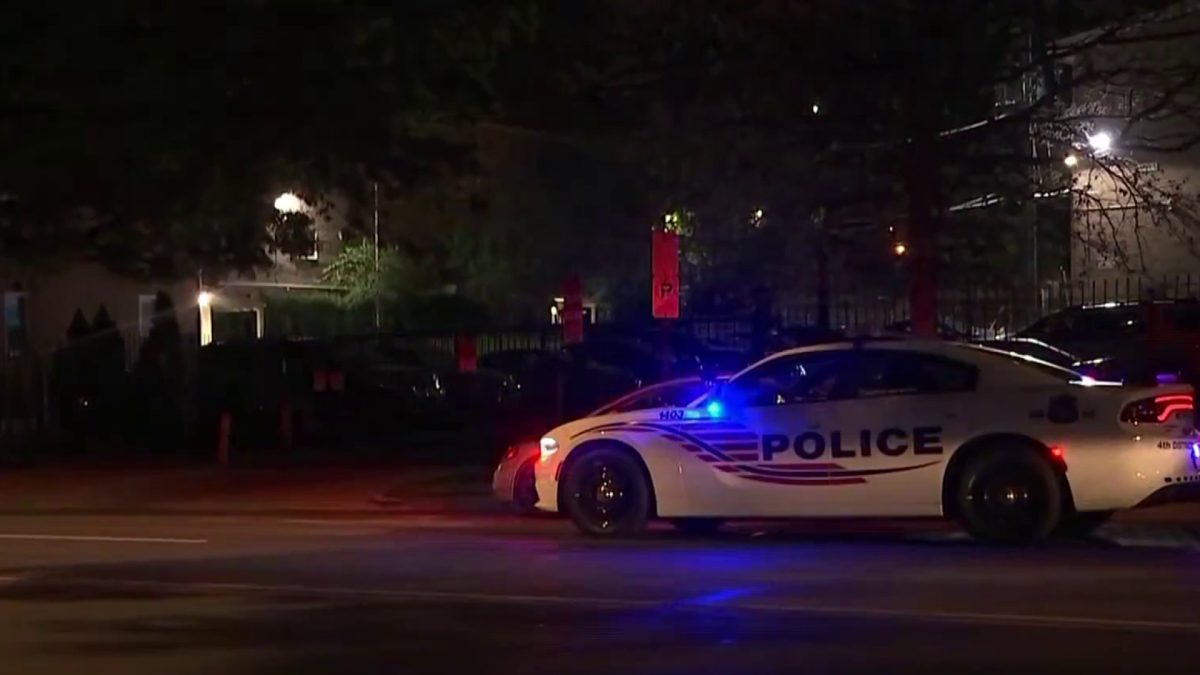The Washington Navy Yard is suffering security vulnerabilities because of a shortage of police officers on the base, a union official said.
Ten months after a mass shooting spree at the Navy Yard, the retired police officer said the base is operating with dozens fewer officers than recommended and is utilizing “one-man” patrols, which he said places officers and employees in jeopardy.
Tony Meely, a former Navy Yard police officer and union leader, said the Navy is suffering a manpower shortage at several Washington, D.C.-area facilities, known collectively as Naval Support Activity Washington (NSAW). Meely said the active force of “able bodied police officers” is being stressed and strained by the shortages and in some cases is being asked to work 70-hour weeks.
Staffing shortfalls in the Navy’s police forces are a particular danger in the case of an active shooter, Meely said.
“If you have (only) one officer going in, what if that officer gets injured or shot or killed?” he said. “What do we do?"
Similar staffing shortfalls delayed the response by officers during the Sept. 16 shooting spree by gunman Aaron Alexis, potentially exacerbating the damage and carnage.
Internal memos obtained by the News4 I-Team indicate local Navy police facility staffing is, in fact, far below recommended levels. One such memo, drafted in January 2013, lists the projected police manpower at the NSAW facilities at 132 officers. Meely and a roster of employees provided by the police union show there are approximately 90 active officers.

“We’re not even close (to recommended levels),” Meely said.
Local
Washington, D.C., Maryland and Virginia local news, events and information
Other draft memos, which include officer deployment details, show plans to have one officer deployed to patrol the Washington Navy Yard on weekdays and weekends.
Navy administrators declined to provide details on its local police staffing levels. A spokesman, responding to questions from the News4 I-Team, said in a written statement, “The Navy does not discuss specific security force manning levels or their deployment. We are always evaluating evolving threats to adapt our security to maintain mission readiness and force protection.”
Navy officials said the agency is actively hiring new police officers. A spokesman said, “There are currently two relevant police job postings. We have hired 13 other positions since December 2013. The protection of our workforce is important to us, and we continue to aggressively recruit and hire security forces.”
The police force is losing officers, through attrition, faster than the agency can hire replacements, Meely said, in part because of long hours and fatigue.
A Navy spokesman responded, “Through effective use of scheduling, including use of overtime pay and Navy Reserve masters-at-arms, NSAW continues to manage and meet all security requirements.”
The police union, for which Meely serves as chairman, said shortages in manpower have forced the agency to curb some of its police training, including its training with the Washington, D.C., Metropolitan Police Department. He said such training exercises would be vital help in the case of another base shooting.

“Due to security reasons, we cannot provide specific details; however MPD has participated in joint-training exercises with the Naval District of Washington Police focused on preparedness, response, and recovery efforts necessary to effectively address a complex attack,” Gwendolyn Crump, spokeswoman for the Metropolitan Police Department said. “The exercises included table tops, scenario based reviews, and other training. Joint training will continue.”
Doug Gaarde, whose wife Kathy was the eighth person shot and killed in the Sept. 16 Navy Yard rampage, said Navy officials should ensure there is enough manpower in place to protect the base against future threats. But Gaarde said he doesn’t think police staff sizes played any role in the 2013 killings.
"I don't think that was the primary issue in this particular shooting,” he said.



